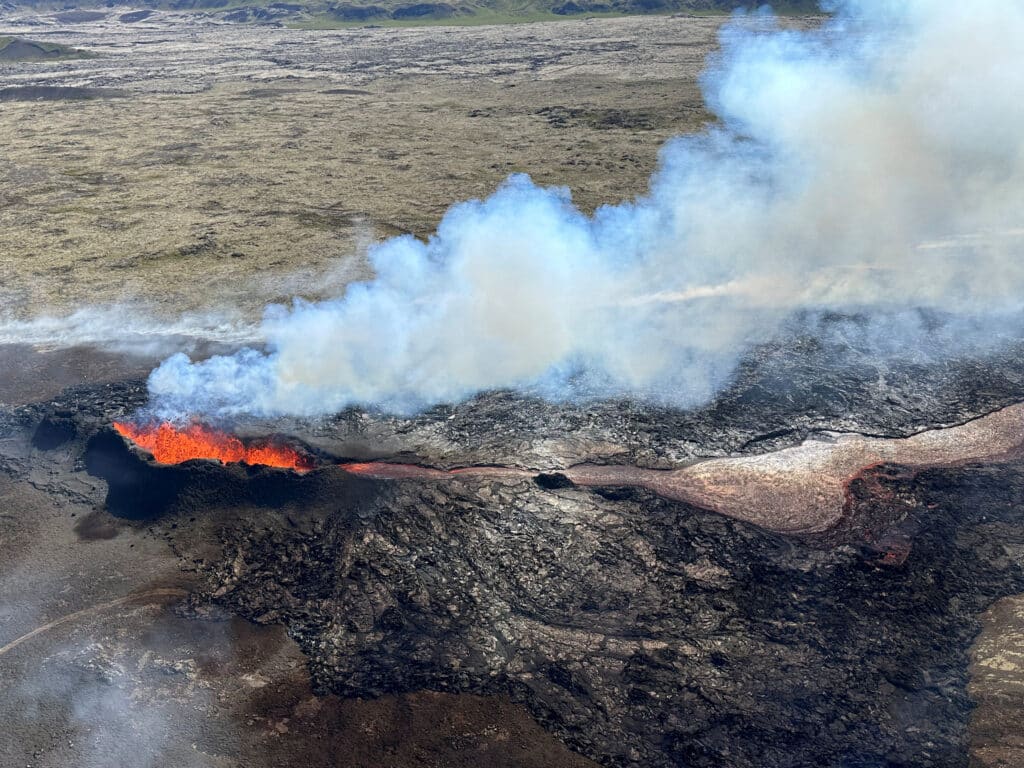A seismic swarm has hit the Reykjanes peninsula in southwest Iceland with more than 5,500 small earthquakes in the last three days, raising the prospect of a volcanic eruption, the country’s meteorological office (IMO) said on Friday.
Located between the Eurasian and the North American tectonic plates, among the largest on the planet, Iceland is a seismic and volcanic hot spot as the two plates move in opposite directions.
While quakes are a daily occurrence in Iceland, the latest swarm was more extensive than usual.
“These earthquakes are a warning sign, a part of a longer-term story that we know we’re entering a build-up phase to the next (volcanic) eruption,” IMO Service and Research division head Matthew Roberts told Reuters.
The quakes originated at a depth of up to 5 km (around 3 miles) and were caused by a long-term accumulation of magma that has been building pressure and is now slowly drifting towards the surface of the earth, he added.
Earlier this year a volcano erupted in an uninhabited part of the Reykjanes peninsula after intense earthquake activity, the third such event in the region southwest of the capital Reykjavik since 2021.
A fourth eruption could now be developing, the IMO said, although predicting the timing of volcanic outbreaks is difficult.
“From my perspective as a scientist and someone who’s been following this activity very closely, I would say that an eruption within the next 12 months is likely,” Roberts said.
The strongest of the earthquakes had been measured at a magnitude of 4.5, and around 15 tremors were at 3.0 or stronger, the IMO said.
Earthquakes with a magnitude above 2.5 can often be felt by humans, according to the Michigan Technological University.
Grindavík, a fishing town on the peninsula with around 2,000 inhabitants is the town closest to the seismic activity.


